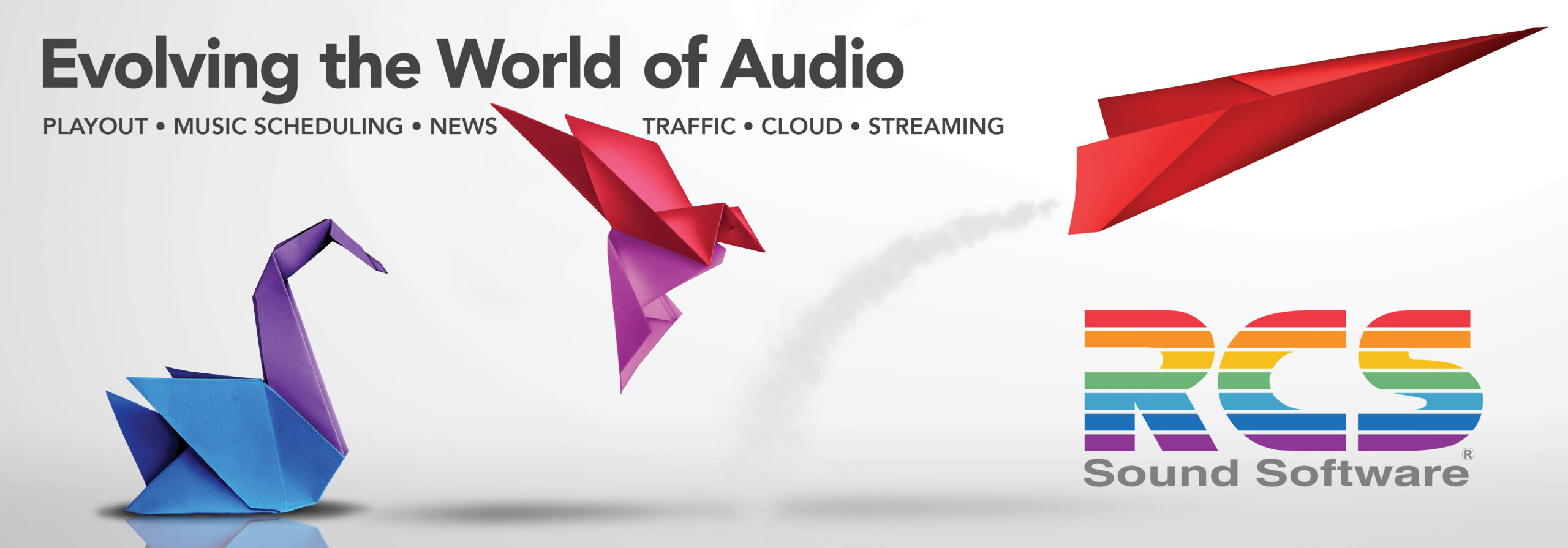
我們的產品和服務
廣播電台自動化播出軟體
重塑音樂排程
客戶關係管理和銷售提案解決方案
可擴展且功能強大
關於我們
RCS擁有引以為豪的創新歷史,目前在廣播領域擁有45項專利。 RCS是傳奇的Selector電腦化音樂排程的發明者,憑藉Zeta廣播自動播出系統、GSelector音樂排程系統、Aquira廣告託播系統、開創性的2GO系列行動解決方案和Zetta Cloud等多個屢獲殊榮的產品繼續引領潮流。 清單中的新成員是Revma,這是一個經濟實惠且完整的線上專業串流媒體解決方案,具有可靠性、全年無休支援、專業音訊處理和內建的收聽報告。 業內最受尊敬的品牌選擇RCS作為他們的軟體供應商,因為最好的總是使用最好的!